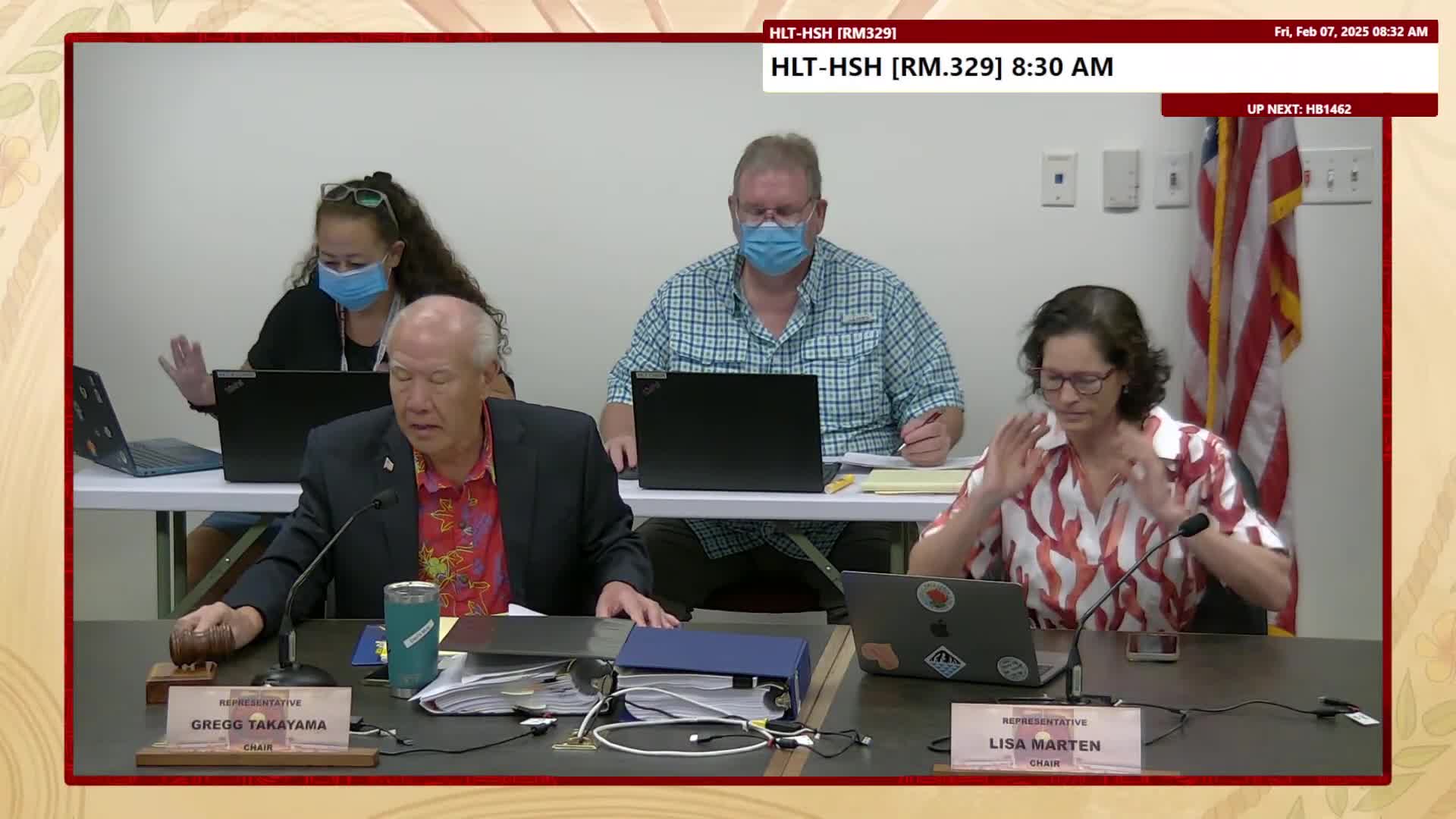Article not found
This article is no longer available. But don't worry—we've gathered other articles that discuss the same topic.
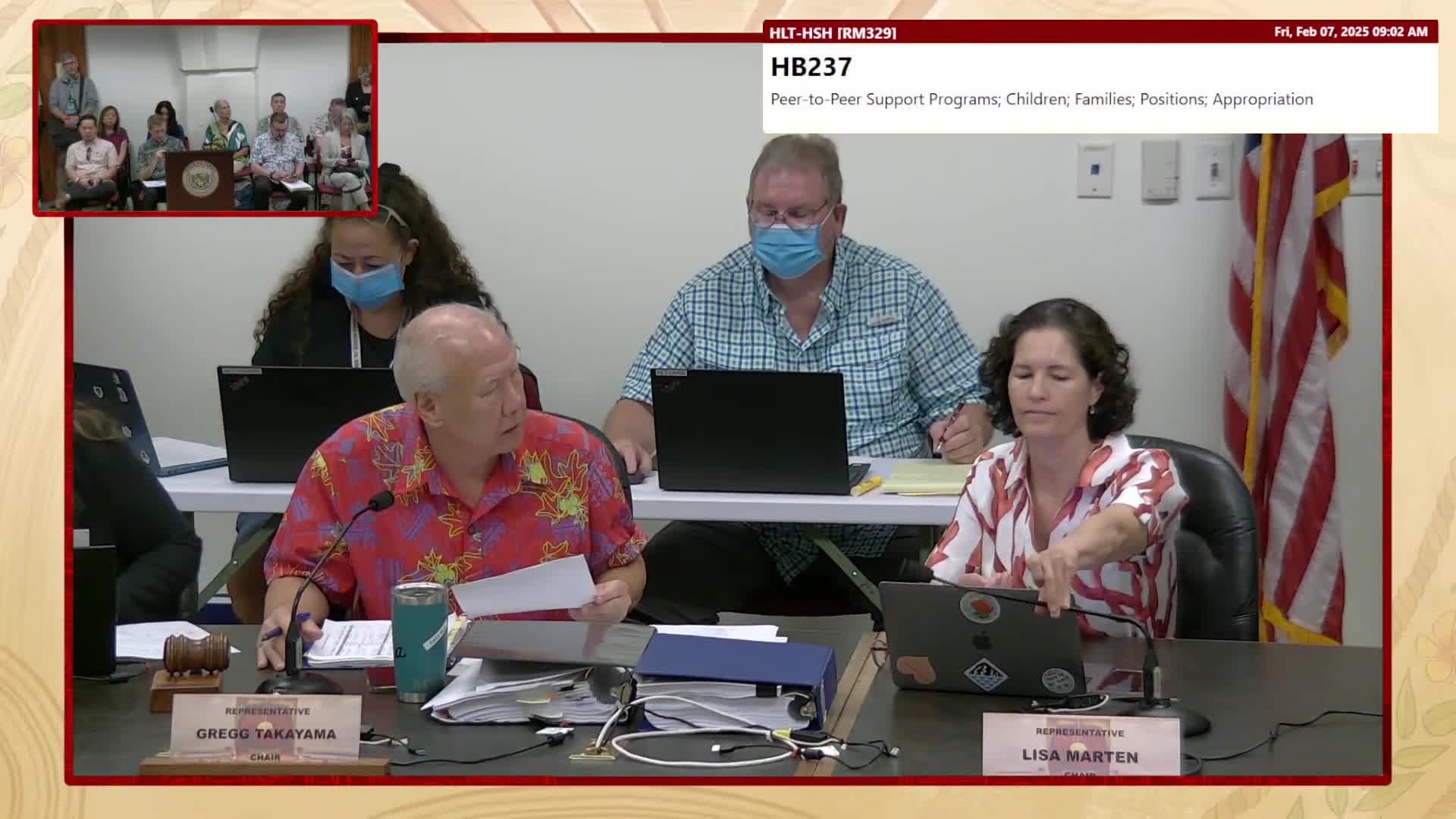
Votes at a glance: Joint House committees advance multiple health and human‑services bills (committee actions summary)
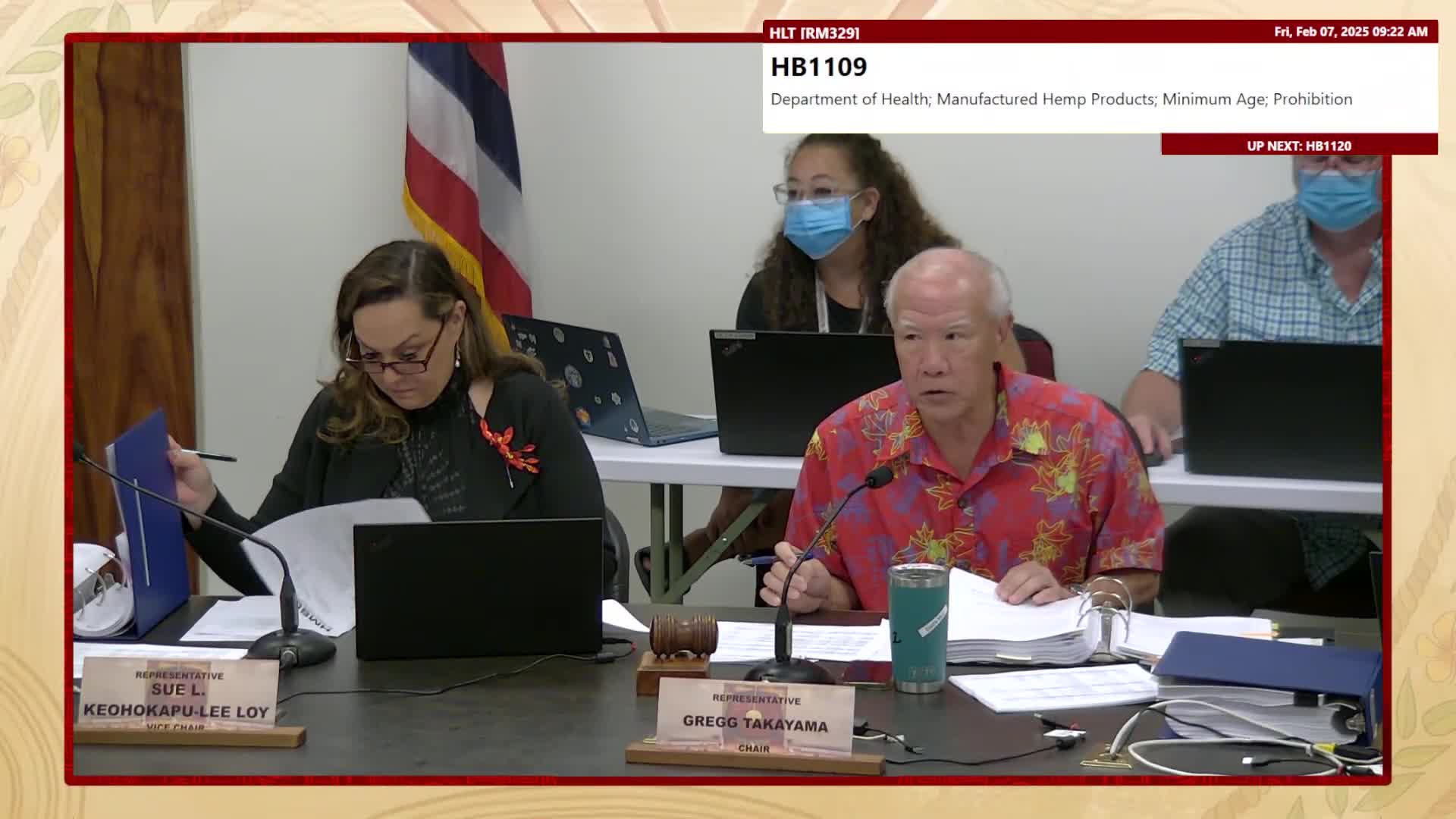
House committee advances repeal of nonmedical school‑vaccination exemptions after emotional, lengthy testimony
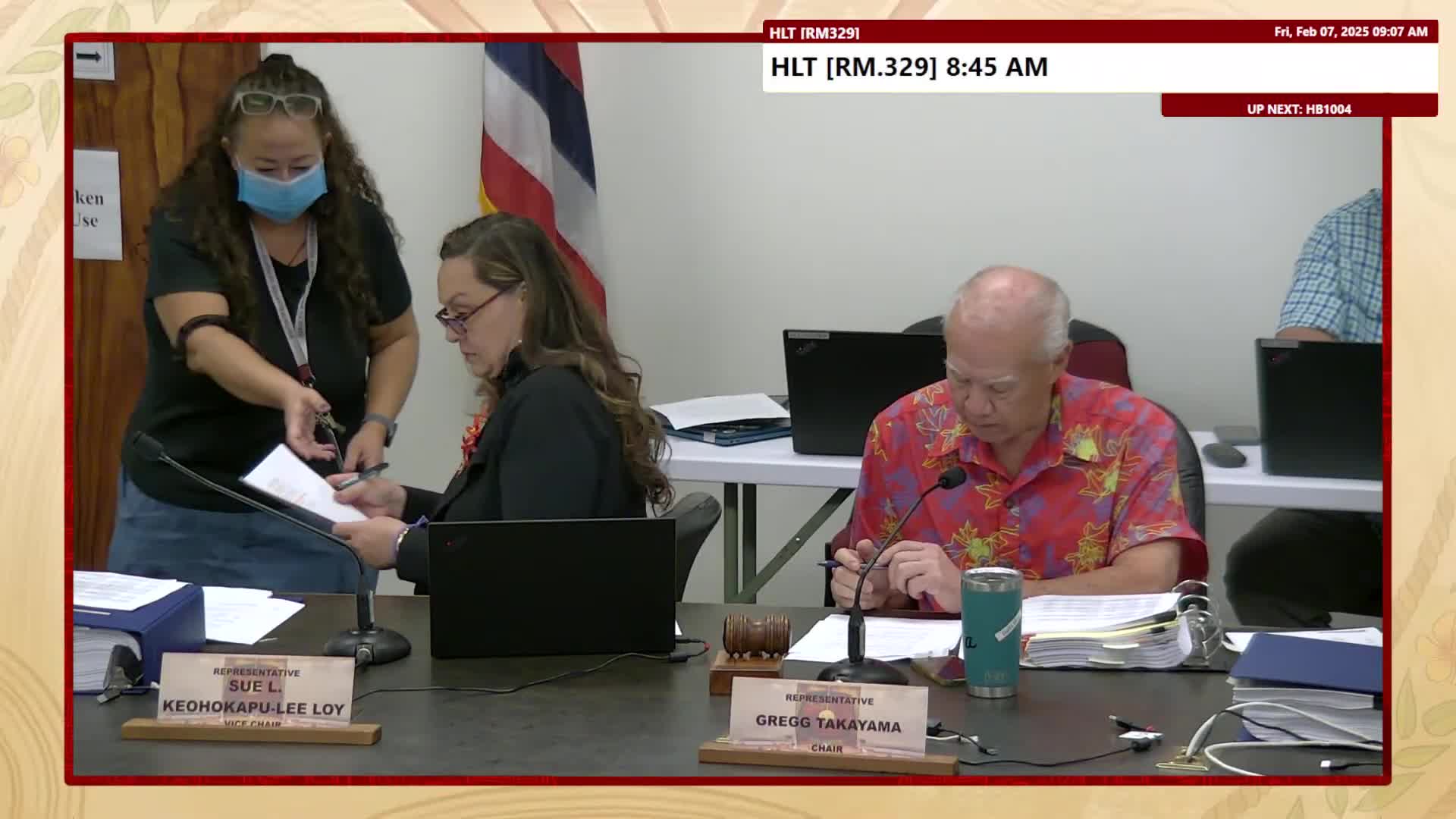
Committee advances state vaccine‑purchase proposal amid polarizing public testimony
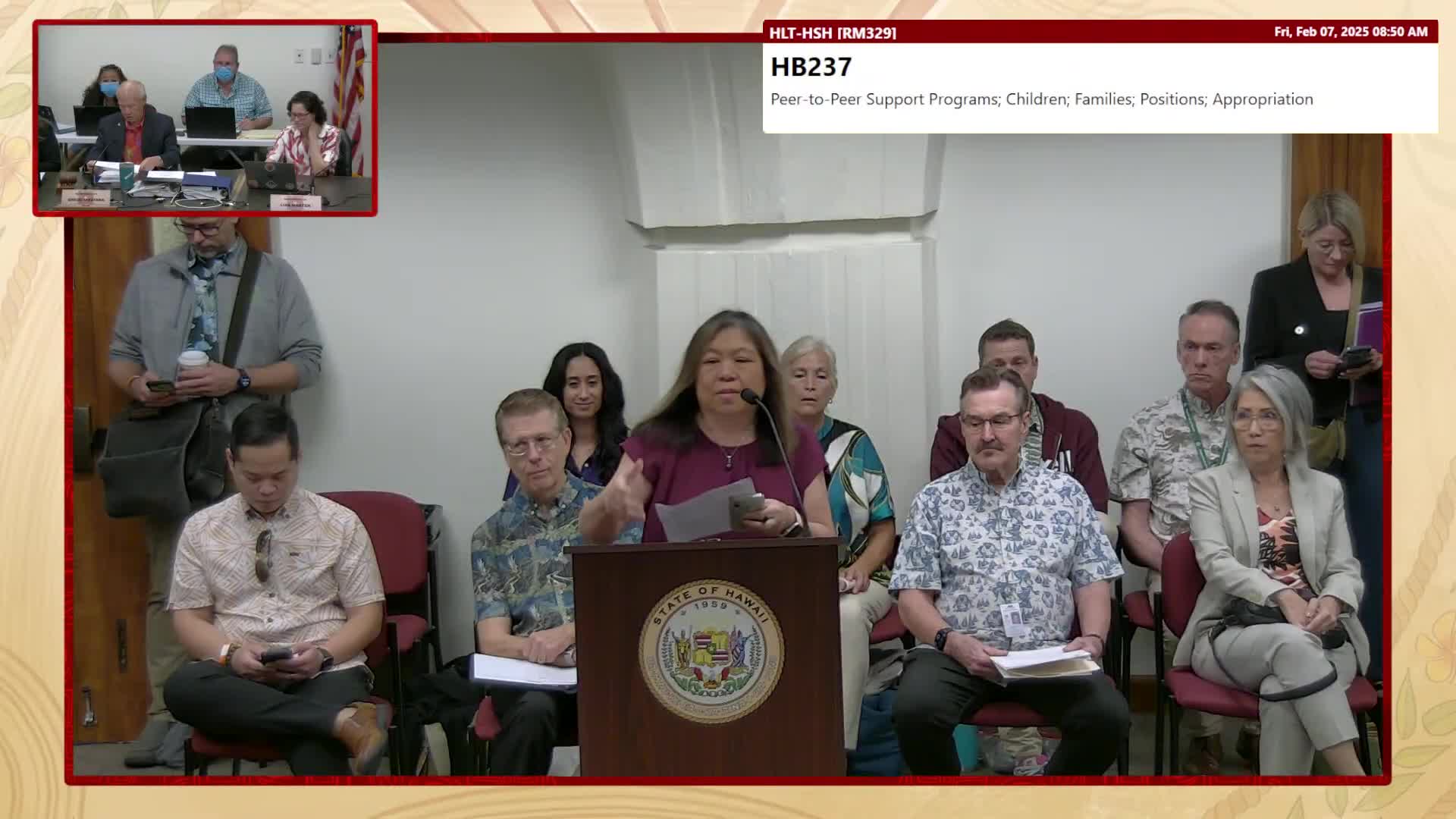
Lawmakers advance bill to fund peer‑to‑peer family support programs, recommend 2 FTE and $860,000/year in report language
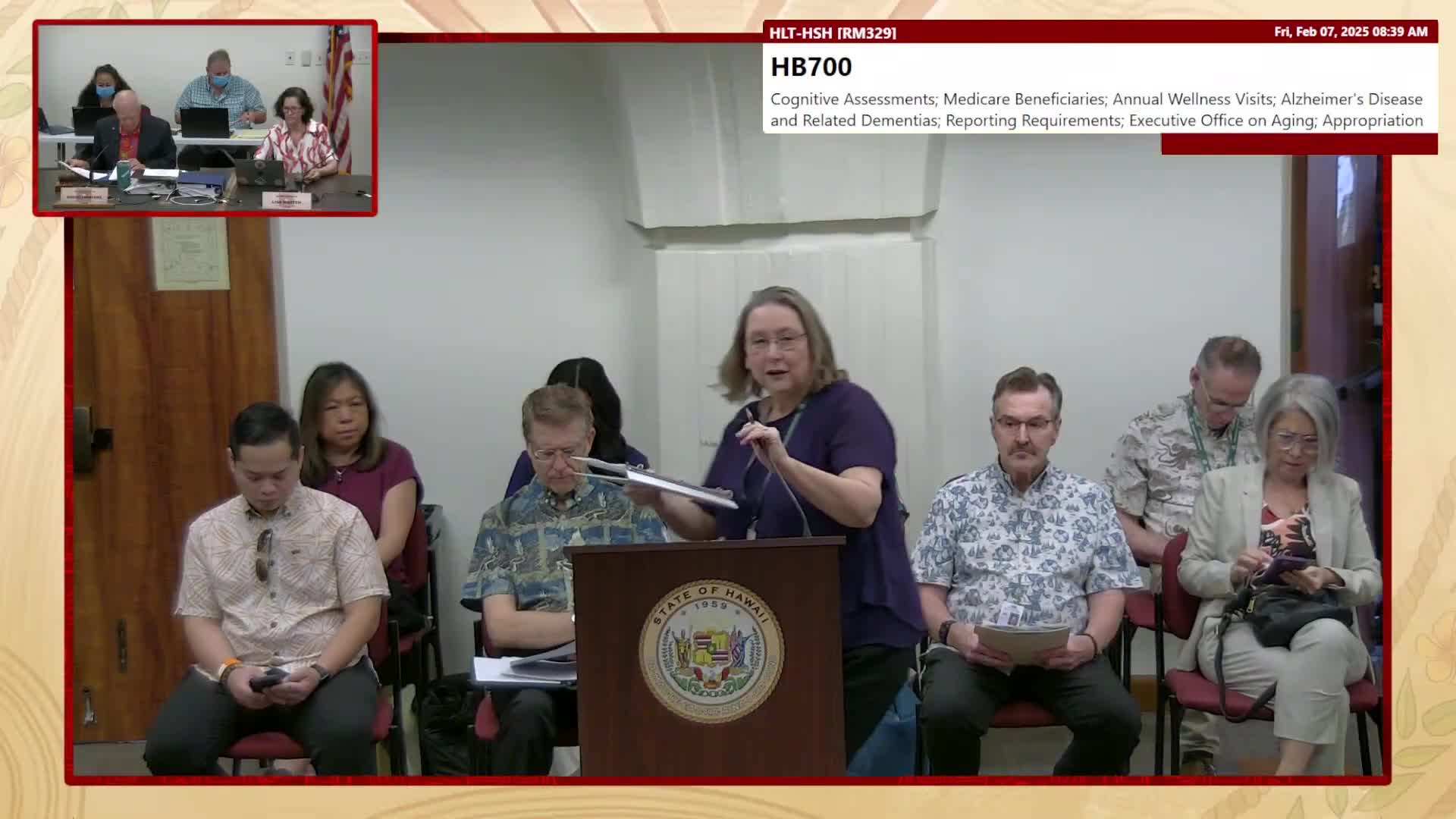
Committee backs pilot approach for mandated cognitive assessments after agencies request flexibility
